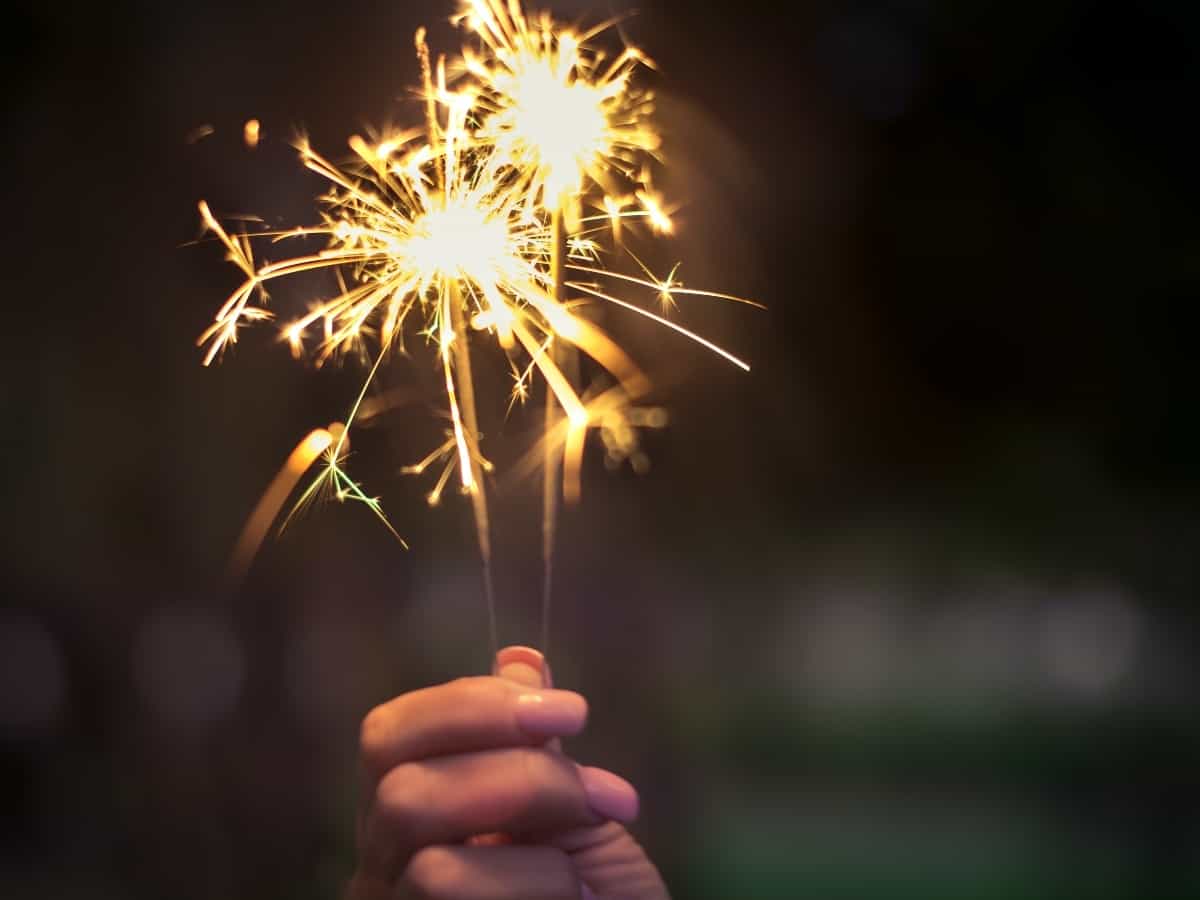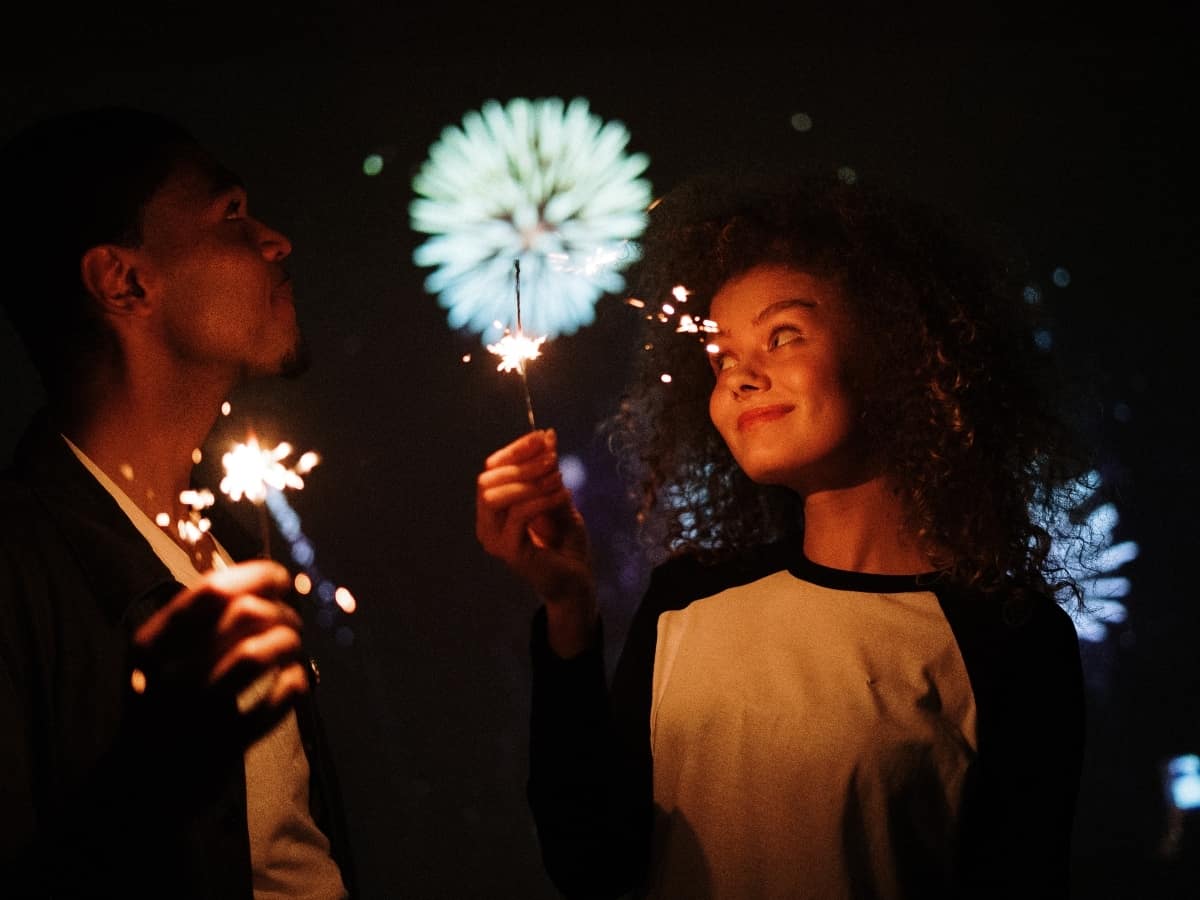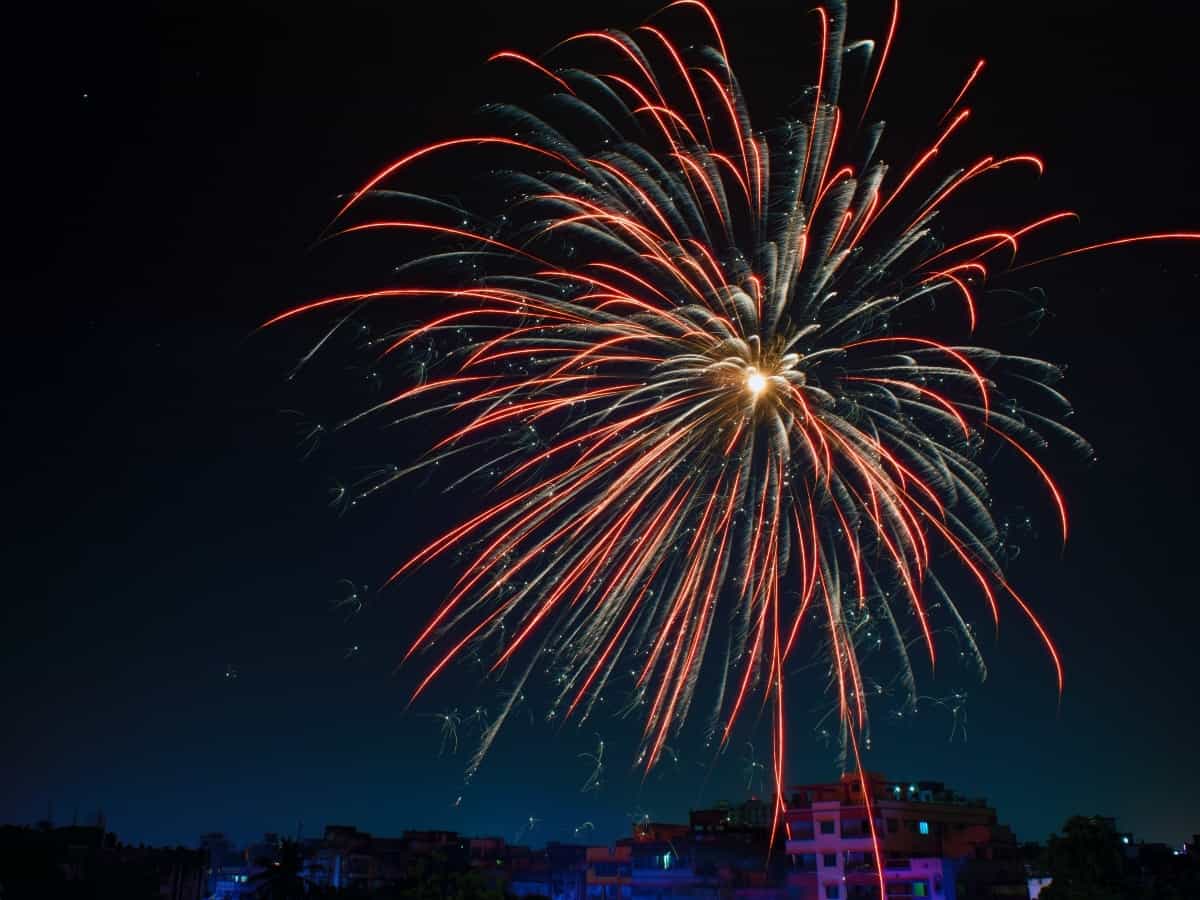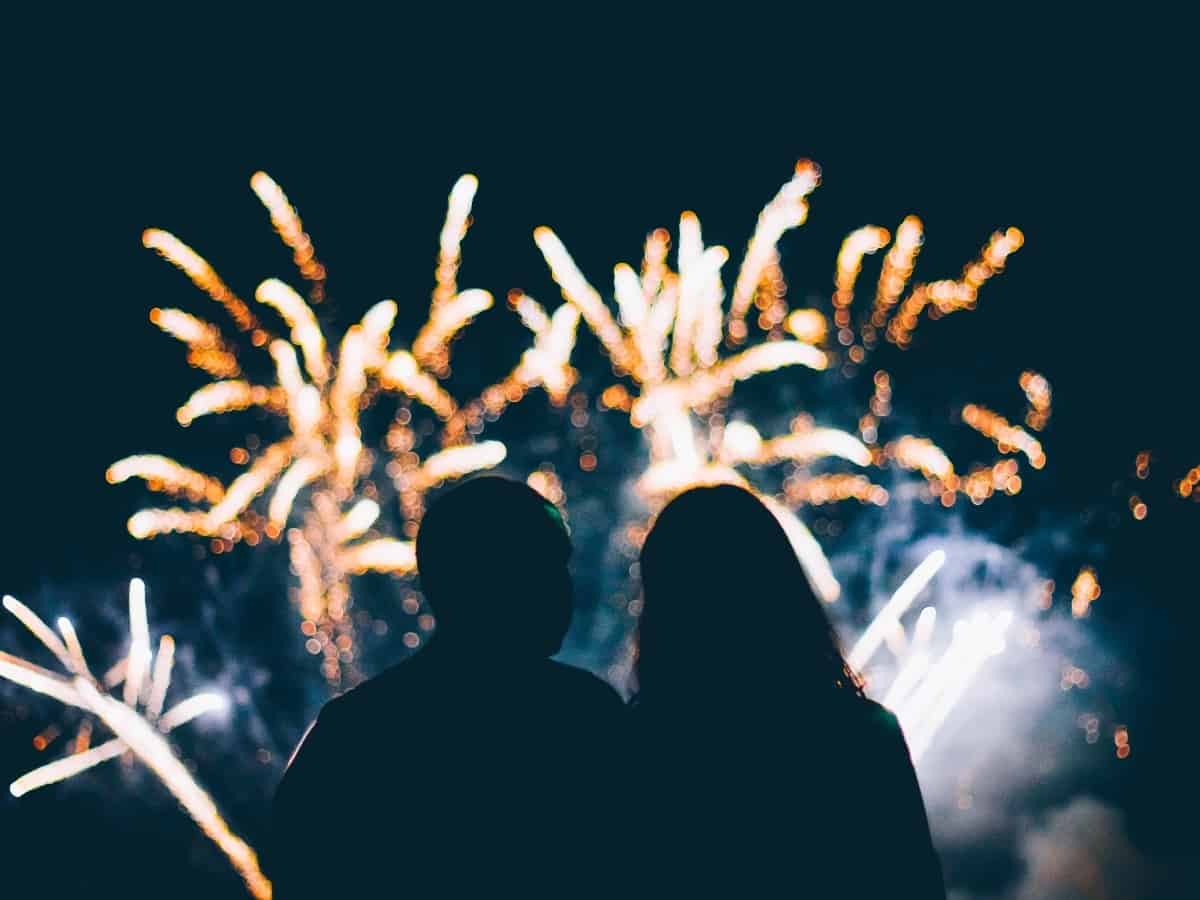The 4th of July is this weekend, a time for BBQ, outdoor fun, and fireworks. Like many things in life, recreational explosives can be great fun, but they can also be a great health and safety hazard. Like electricity, automobiles, cooking equipment, and power tools, fireworks must be handled correctly and responsibly. So what’s should you know about firework safety for this holiday weekend?
The biggest time of year for fireworks injuries is between June 16 and July 16. Between 8 and 10 people die and about 10,000 are injured on average from firework-related injuries during this time of year, according to the National Safety Council. What’s more, the NSC says as many as 18,000 fires are started accidentally by fireworks each year. For these reasons, there are laws regulating the use of fireworks all across the nation. These laws and regulations vary from one state to the next and from one county to the next. Individual towns and even some neighborhoods impose rules governing how fireworks are and are not permitted to be used.
Firework Safety: What You Should Know Before July 4th
Enjoying fireworks safely and responsibly begins with understanding the right places to use them and the wrong places to use them. The second is to know where fireworks are and are not permitted. Last, but far from least, is knowing how to use fireworks correctly.
General Firework Safety Guidelines
The following are guidelines, not hard and fast rules, with the exception of certain regional fireworks regulations
- A trustworthy adult must supervise all fireworks and firework activity
- Do not make or buy homemade fireworks in states where they are prohibited, such as New Jersey, Rhode Island, and Delaware.
- Never give fireworks to a child and allow them to use fireworks unsupervised
- Do not operate fireworks while drinking or under the influence of alcohol
- Do not carry fireworks in a pocket. Only carry them in a sturdy and sealed container
- Wear fully enclosed safety glasses while lighting, operating, or observing fireworks
- Always have at least one bucket of water on hand to extinguish malfunctioning fireworks and flame
- Do not bring pets to any fireworks display
- Do not give sparklers to children under age 10, or who cannot handle them safely

Where to Use Fireworks
Fireworks should only be used in an open area where the path of flight or explosion can be predictably secured and cleared. The area should be free of flammable materials such as dry foliage, paper, unfinished buildings, and locations where a flying explosive projectile may enter, become trapped during flight, and cause concentrated damage.
The best places from which to launch large fireworks include beaches, launched watercraft, a pier, or a boat landing. The presence of sand and a body of water gives you a safe and fairly fire-proof launching position as well as a generally safe direction in which to aim projectiles.
For small fireworks like sparklers and small firecrackers, a large grassy area can be a good spot. If your backyard is large enough, it may also be a good location for small fireworks.
Understand that large fireworks that reach a high elevation must be cleared for use by local authorities. The reason for this is to eliminate the possibility of the fireworks striking a passing aircraft. Police and news aircraft often go aloft to observe the 4th of July festivities from their air. For this reason, large fireworks displays and the movements of local aircraft must be coordinated to avoid potentially disastrous consequences.
Remember, shooting off large fireworks almost always requires that you have a permit.
Where Not to Use Fireworks
There will always be places where using fireworks isn’t the best idea. Here’s a comprehensive list of places to avoid shooting off fireworks.
- Inside a house or any enclosed structure.
- In a car, or launching from the car
- Near forested areas
- Areas with dry foliage
- Near old wooden structures such as barns, cabins, and sheds
- Do not use fireworks near active roadways, as they could hit a vehicle
- In areas near groups of people who are uninvolved and not paying attention
- Near gas stations, propane tanks, or any area that stores flammable or explosive material.
Understand that if a firework you use or operate enters another person’s property or public property and causes injury or damage, you may be liable for restitution and may be subject to prosecution. This is true even if you begin your fireworks activities from a completely legal position. At the end of the day, firework safety is completely up to the person using them, regardless of any laws, measures, or safety procedures taken or not taken.
In short, understand that you are taking a risk any time you buy, hold, own, or operate any recreational explosive.

Tips on Basic Firework Safety
With the exception of large fireworks intended for public display, smaller fireworks may be unregulated, or law enforcement may have a limited ability to regulate their use. You should consult your city, state, and county websites for fireworks laws and regulations. Once you know what is permitted for use in your area, obtain and use only those permitted fireworks types.
Do not carry fireworks in your pocket. Friction or contamination by water and other chemicals can set off a firework unexpectedly. If this should happen in your pocket, the force of the explosion is against your skin, where even the smallest explosive objects causes severe injury in this situation.
When lighting a small firework, avoid holding it in your hand. If you must hold it in your hand, do not close your hand around it. Rather, hold the firework in your open palm so that the force will not be directed against your skin should an unexpected ignition occur.
Understand that if you give a sparkler, or any firework, to a child you will be held responsible for any damage that occurs.
If you light a firework and it does not ignite as expected, treat it as if it is lit and will explode. Sometimes, a minute ember can be present inside a firework and work its way slowly toward the explosive fuel source. This is a form of malfunction. If the firework does not act as expected on the first attempt, you should consider it to be malfunctioning and dangerous.
Submerge any malfunctioning firework if possible, or keep away from it if it cannot be submerged safely. Submerge all spent fireworks and related materials as you use them to guard against any unintentional or unexpected ignitions.
Is Damage from Fireworks Covered By My Home & Auto Insurance Policy?
Your policy may cover fireworks damage if someone other than you damages your property, but exclusions may exist. Your home or auto insurance may cover damage from firework displays in specific circumstances, depending on your insurance carrier. Check your policy for exclusions or call your insurance provider before operating fireworks at your home.
Firework Damage Caused by Neighbors
There are situations where firework damage to your home isn’t caused by you. In this scenario, if your neighbor damages your home due to fireworks, it’s under their liability coverage.
Firework Coverages: Extra Costs?
You may have a special provision written into your home or auto insurance policy designed to provide coverage for firework related damage.
Common Insurance Claims That Involve Fireworks
The most claims involving fireworks involve injuries to persons operating the fireworks and persons nearby. The most common claims involve;
- Hand burns
- Eye injuries
- Lacerations and fractures to the hand
- Facial injuries
- Lost fingers
- Hearing loss
Auto Insurance and Fireworks
In the event that you frequently transport fireworks or park near fireworks, you can have provisions written into your auto insurance policy. It’s important to remember that such coverage may not apply to negligent behavior by the policyholder, but may cover legitimate firework malfunctions, damage caused by others, and reasonable accidents. Make sure to frequently read your policy so you know what it explicitly states.
Examples of When Firework Damage Isn’t Covered Through Insurance
Damage due to fireworks might not be covered in these situations:
- You use illegal fireworks or if a ban is in place
- You use fireworks intending to cause damage
- Firework related damage is excluded from your policy




